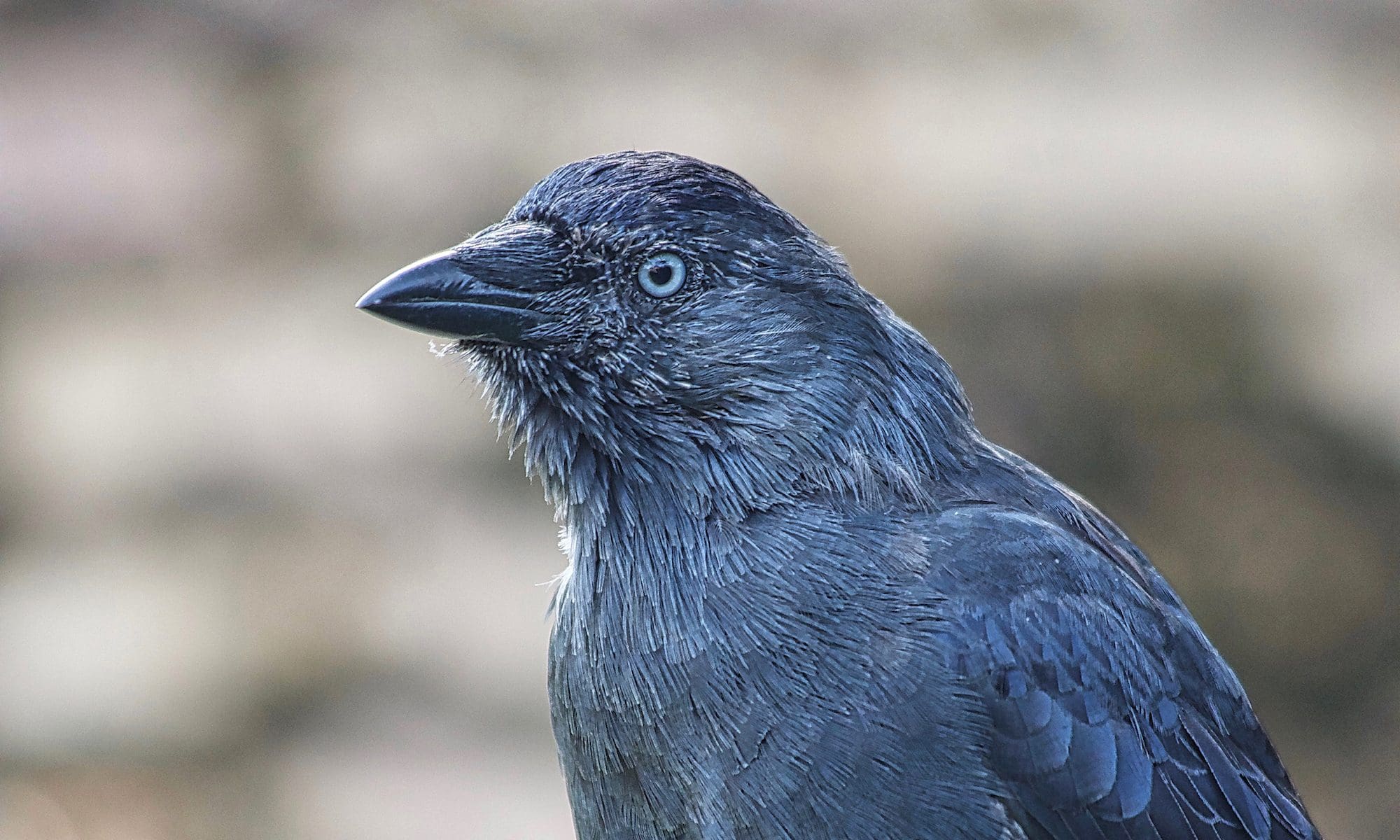It is soon the time of the year again, where social media messages are piling up in your ‘virtual inbox’ advising you to check your garden woodpile for hedgehogs before you start a bonfire. And you certainly should, if you really cannot live without a bonfire to annoy your neighbours, cause an asthma attack and to pollute the environment.

But do you really have to light a bonfire? Most certainly not. Let us start with some basic biology and ethics. It is a wrong and typical speciesist as well as anthropocentric view to focus only on one or a selected few, often popular species, in this case yourself and the hedgehog. If you have built your bonfire woodpile over a longer period time, then you actually have done something wonderful by creating a mini ecosystem with a very rich biodiversity of different species, who benefit from your hard work, and you as the garden owner will too. Frogs and newts need somewhere to spend the winter and a wood pile is just the place. Toads might shelter or even hibernate here as it is safe and damp. Centipedes, ground and rove beetles live happily here and will take care of slugs and their eggs. Fungi are great food for wildlife and will help to recycle rotting wood and make also good food for slugs and snails, which in turn attract hedgehogs and garden birds. You may even find slow worms and endangered stag beetles in your little wood pile world. So checking for one species, whilst ignoring and killing others unnecessarily, is simply short sighted, not justifiable and morally wrong.

The ideal case scenario would obviously be to just leave the woodpile alone. Alternatively, you could compost your garden waste by yourself before it builds up, or if the amounts are to big, then you could bring the waste to a tip, where it will be done for you. And if you have got the unfortunate type of organic waste, which is normally not regarded as compostable, then you can obviously let the council collect these scraps, or you can compost it directly, together with vegetable and fruit scraps, in your kitchen by using the Bokashi composting method. Bokashi composting is a cheap, easy and odourless method of composting that is so quick that all kitchen waste from a large family could be composted in something as small as a 20 litre bin. You need only two tailor-made bins to be used alternately and some Bokashi bran, which contains a carefully controlled mixture of beneficial bacteria, yeasts and fungi, that work together to speed-up composting, suppress pathogens (there are no e-coli in a Bokashi composter), prevent putrefaction and eliminate bad odors. As a side effect, the drained-off liquid can be used to keep your drains fresh and patent, and can also be used to nourish your plants and crops.

So, the answer is definitely NO, you really do not need to light a bonfire, to wipe out a whole mini ecosystem, and to also possibly kill the ever so popular hedgehog, whose numbers are rapidly declining. One should always endeavour to intervene in order to benefit the sentient beings who are living in nature, and not intervening in nature in a way that harms human and non-human animals.


